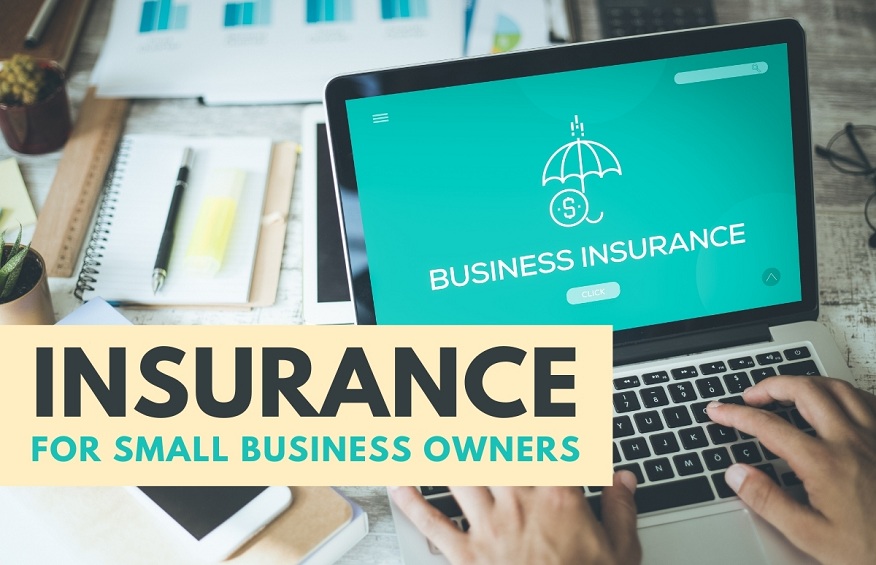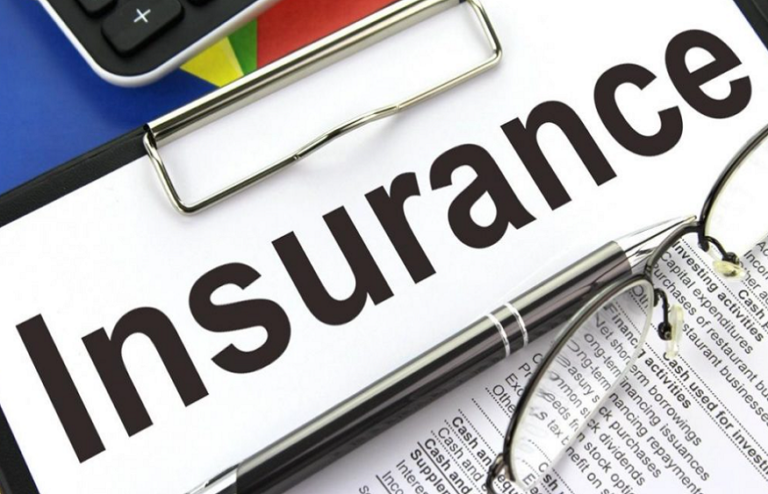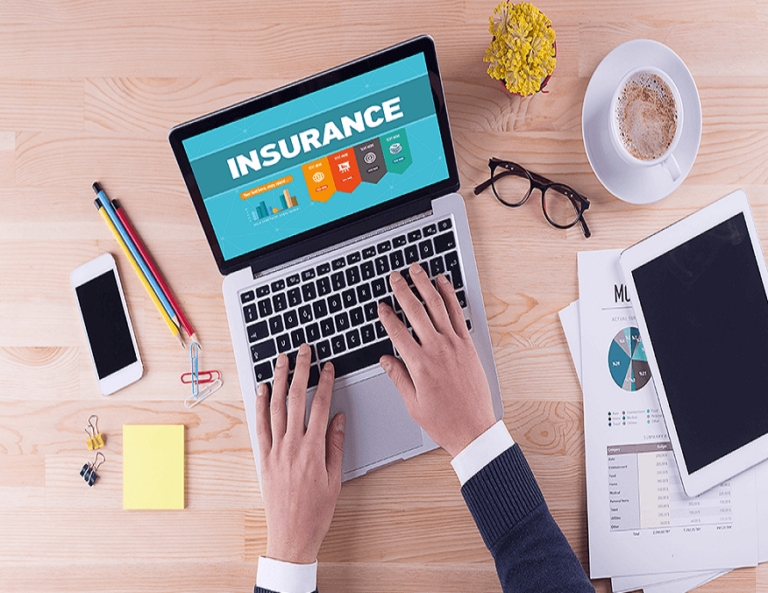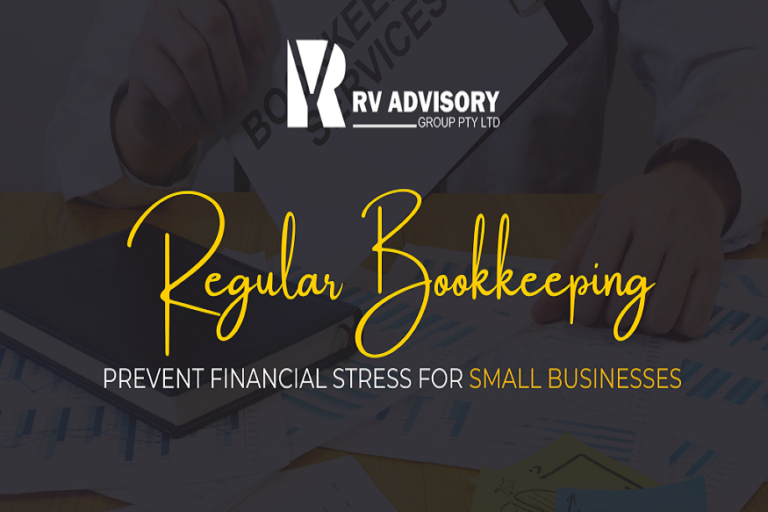
Your business wasn’t built in a day. It was through careful planning, investment and hard work that you got it started, and as your business grows you will accumulate assets that require small business insurance. But are these assets really protected, or are you more vulnerable than you think?
The answer often depends on the type of protection you have. Regardless of the size of your small business, the profits you have made, or your industry, you are at risk. It’s important to manage them, but you’ll also need a good safety net if ever a legal, financial or environmental emergency threatens to sideline your business and drain your resources.
If you know everything there is to know about your small business insurance needs, great! We will prepare a personalized quote for you on the spot . If you’re unsure of the best way to insure your business, here are descriptions of five major types of small business insurance that can come to your aid in the most crucial times.
1. Commercial liability insurance
What is it about? As a small business owner, you can be held liable for damages and injuries caused to others (or to other people’s property) by your activities. This is called civil liability, and it is not always possible to avoid it: even companies that have done no wrong can find themselves embroiled in a civil liability lawsuit. Commercial liability insurance (also known as TCL) is very useful when someone files a lawsuit against your business. This type of insurance is designed to protect you and your business if you are held legally liable for claims that arise from bodily injury or property damage caused to a third party by your products or services.
why do you need it? Disasters can occur suddenly and cause serious damage. Whether you run your own candy store or your consulting business takes you everywhere, you need to be financially prepared if things go wrong. After all, no one is immune to accidents or lawsuits, no matter how tightly you run your business.
When is it useful? An RCE policy comes into play when someone is suing you after getting hurt or property damage. If a customer breaks their wrist falling down the icy steps in front of your business, or one of your employees breaks furniture while catering elsewhere, your business could be incurring hefty legal fees. The lawsuit is what matters: whether you admit your business was at fault or not, you will have to settle any lawsuit against your business.
What if you don’t have it? If you take the risk of working without the safety net of NCE insurance, you could run into a host of very costly disaster scenarios. In particular, if a judge finds you legally liable for bodily injury or property damage caused to others, you may have to pay the costs associated with the legal proceedings, in addition to the losses awarded at the end of the lawsuit. Of course, your reputation is also at stake: a poorly managed lawsuit could damage your professional reputation and alienate your clients.
2. Product liability insurance
What is it about? Generally, this protection is part of your RCE policy, but it may be useful to explain its specific nature. It’s about your liability to customers, suppliers, and others you interact with in your business activities when your product has caused injury or property damage to someone.
Your product can have a problem for many reasons, but often it’s a design, manufacturing or marketing flaw. If this defect causes bodily injury, illness (often through contamination) or material damage, you could be subject to legal action.
why do you need it? Whether you’re selling food, clothing, accessories, or appliances, your business could suffer from shortcomings in your product. In fact, as soon as you start selling a product, it exposes itself to liability claims from disgruntled customers that can lead to costly lawsuits, both in time and money.
When is it useful? If your customers are writhing in pain over a bad batch of cookies or an unfortunate typo on a pile of posters enrages your customer, you may have to pay damages. Moreover, product liability claims affect both consumer and business sales. If you sell your product (whether appliances, power tools, or heavy equipment) to other business owners, you run the same risks.
What if you don’t have it? Without product liability insurance, your small business insurance could have big gaps. If a problem or loss is attributed to your product, your bill could be steep: after all, the rest of the products will have to be recalled or destroyed, then new ones made, not to mention the threat of a major claim. liability (especially if the product problem affected more than one customer). The coverage offered by product liability insurance does not extend to recall costs, but it can ease the burden of legal fees.
3. Business property insurance
What is it about? As the name implies, business property insurance insures your workplace as well as all sorts of things inside and out. Regardless of the type of business you operate, the nature of your location (whether you own or lease your space), and your assets, such as equipment, inventory, furniture, and electronics, must be protected from the fire, floods and property damage.







